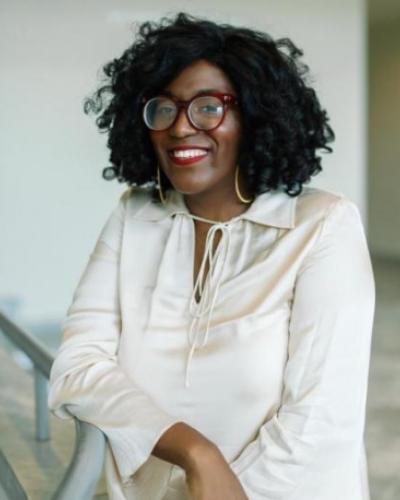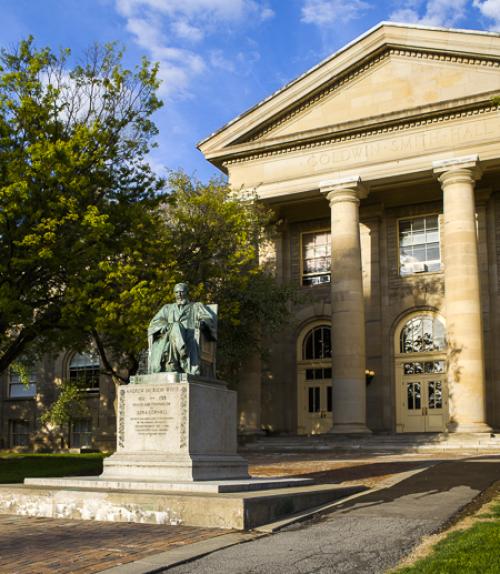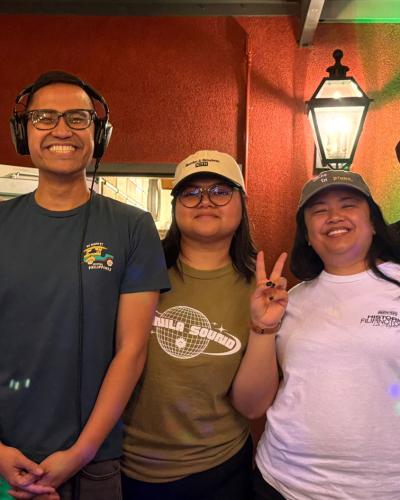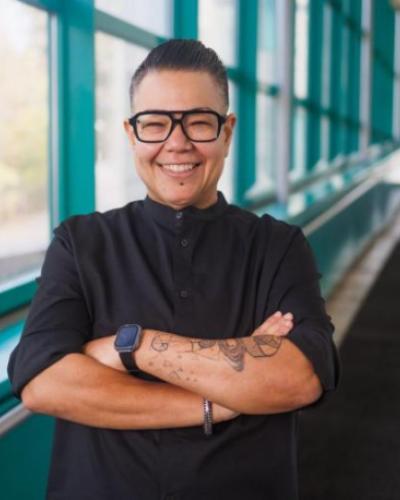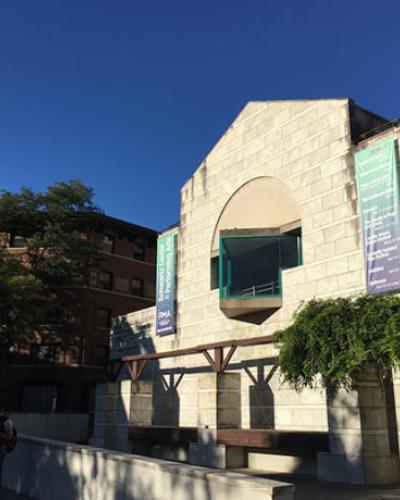Begin your course planning now! The following are new or revised/revived courses offered by the Department of for the fall 2018 semester. Pre-enrollment begins April 16, 2018.
Sports Films Playing Out Difference: History and Social Identity in Sports Films (PMA 2501)
Instructor: Samantha Sheppard
Course Time: M/W 2:00 p.m.–4:25 p.m.
With the popularity of films like "Friday Night Lights," "He Got Game," and "A League of their Own," the importance of sports to popular culture cannot be denied. This course examines sports films' vital significance in representing the intersection of sports, history, and social identities.
(History/Theory/Criticism rubric)
The Expressive Voice (PMA 2830)
Instructor: Rebekah Maggor
Course Time: T/TH 12:20 p.m.–2:15 p.m.
This course uses a physical-based approach to develop and hone the skills of vocal production and speech for the stage. The approach recognizes the indissoluble connection between speech actions and vocal production and fully integrates voice and speech training methods to help actors develop strong and supple voices capable of great variation. Through a physical exploration of the actions of vocal production and speech, students develop a range of pitch, volume, tones and timbres and gain the skills and flexibility to assume any dialect appropriate for a specific role or occasion.
(Embodied Performance rubric)
Contemporary Television (PMA 3463)
Instructor: Samantha Sheppard
Course Time: M/W 10:10 a.m.–12:35 p.m.
Watch TV! This course considers industrial, technological, televisual, and cultural issues, approaches, complexities, and contradictions in the contemporary television landscape. As television has changed drastically over the past twenty years, this course provides students with a deeper understanding of the changes in narratives, technologies, forms, social meanings, representational politics, ideological effects, and platforms that shape, fragment, structure, and restructure the televisual world.
(History/Theory/Criticism rubric)
Scene Design Studio (PMA 3640)
Instructor: Kent Goetz
Course Time: T/TH 10:10 a.m.–12:05 p.m.
An exploration of the scene design process for the live theatre. Students will execute design projects employing various media (sketches, paper models, computer graphics, etc.) that examine how elements of stage craft, architecture, and interior design can be employed to support and enhance the action of dramatic texts. Throughout the course students will be presented with an overview of scenic design history from the Greeks to the present with emphasis on examining modern design aesthetics in the theatre. Experience in theatre production is helpful but not essential.
Special Topics
Border Crossings: Dance and the Politics of Migration (PMA 3900)
Instructor: Jumay Chu
Course Time: T/TH 11:40 a.m.–12:55 p.m.
This course explores our world, tragically divided and torn apart by walls of exclusion. How far are people free, with the right to choose where they belong and to take up the traditions of other cultures? By studying such examples of intercultural exchange as hip-hop, the circle dance, and the Dabkeh, we will explore the power of dance to negotiate questions of personhood, authenticity, and appropriation—transgressing and transcending, reframing the politics of identity and mobility.
(History/Theory/Criticism rubric)
Special Topics in Cinema and Media Theory
Cinema, Media, and Public Life (PMA 4501/6501)
Instructor: Sabine Haenni
Course Time: W 12:20 p.m.–2:15 p.m.
Cinema has been understood as a major twentieth-century force that helped reorganize public life, shaping new modes of spectatorship and sociality, and mediating people’s encounters with technological modernity. In the early twenty-first century, digital media may even more radically contribute to transformations of public life. We will be reading theoretical works that consider the relationship between cinema, media, and public life, focusing on the multiple and changing ways in which media shape mainstream and alternative social geographies, publics, and counter-publics, analog and digital public spheres. These theoretical readings will be paired with films and media objects/platforms from different (trans)national contexts in the early twentieth, the mid-twentieth, and the 21st centuries.
(History/Theory/Criticism rubric)
Practicum in Performance Criticism and Dramaturgy (PMA 4866/6866, ENGL 4766/6766)
Instructor: J. Ellen Gainor
Course Time: M/W 2:55 p.m.–4:10 p.m.
The function of the theatre critic is well understood, but the role of the dramaturg remains mysterious in the American theatre. Yet theatre critics and dramaturgs use many of the same research, analytic, and writing skills, and need the same knowledge of history, literature, and culture to perform their duties effectively. This practicum, designed for advanced undergraduates and graduate students, will allow participants to develop skills central to these complementary professions. The course will include units on writing effective performance reviews, working with student playwrights on new script development, preparing informational materials for directors, designers, and actors, writing program essays and other informational materials for audiences, script preparation for production, and selecting/preparing translations for production. While our focus will be on the theatre, students with interest in applying these skills to film/television/media or dance contexts are welcome.

